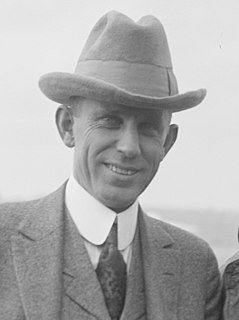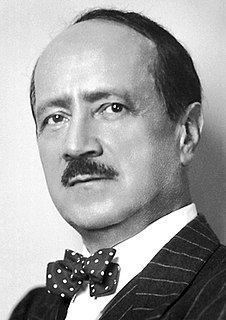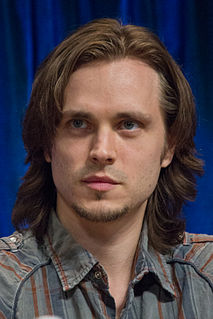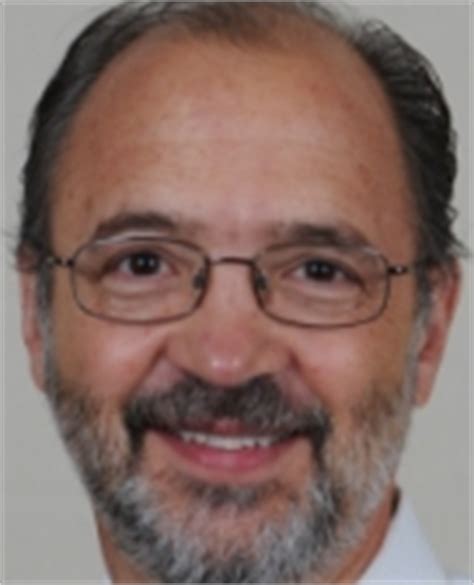A Quote by Elizabeth Gilbert
Just as there exists in writing a literal truth and a poetic truth, there also exists in a human being a literal anatomy and a poetic anatomy. One, you can see; one, you cannot. One is made of bones and teeth and flesh; the other is made of energy and memory and faith. But they are both equally true.
Related Quotes
If 'god' is a metaphysical term, then it cannot be even probable that a god exists. For to say that 'God exists' is to make a metaphysical utterance which cannot be either true or false. And by the same criterion, no sentence which purports to describe the nature of a transcendent god can possess any literal significance.
Complex organisms cannot be construed as the sum of their genes, nor do genes alone build particular items of anatomy or behavior by themselves. Most genes influence several aspects of anatomy and behavior as they operate through complex interactions with other genes and their products, and with environmental factors both within and outside the developing organism. We fall into a deep error, not just a harmful oversimplification, when we speak of genes "for" particular items of anatomy or behavior.
I look at some of the great novelists, and I think the reason they are great is that they're telling the truth. The fact is they're using made-up names, made-up people, made-up places, and made-up times, but they're telling the truth about the human being- what we are capable of, what makes us lose, laugh, weep, fall down, and gnash our teeth and wring our hands and kill each other and love each other.
Whenever you find a preacher who takes the Bible allegorically and figuratively...that preacher is preaching an allegorical gospel which is no gospel. I thank God for a literal Christ, for a literal salvation. There is literal sorrow, literal death, literal Hell, and, thank God, there is a literal Heaven.
Compulsion in the literal Sense is maliciously misrepresented, by supposing it authorizes Violences committed against the Truth. The Answer to this; by which it is prov'd, that the literal Sense does in reality authorize the stirring up Persecutions against the Cause of Truth, and that an erroneous Conscience has the same Rights as an enlighten'd Conscience.
Just as the introduction of the irrational numbers ... is a convenient myth [which] simplifies the laws of arithmetic ... so physical objects are postulated entities which round out and simplify our account of the flux of existence... The conceptional scheme of physical objects is [likewise] a convenient myth, simpler than the literal truth and yet containing that literal truth as a scattered part.






































